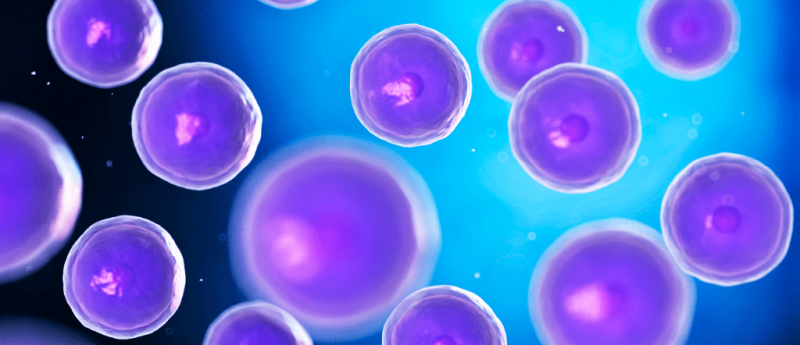New paper analyzes strategies to engineer ‘universal’ cell therapy

A new paper, published in Regenerative Medicine, discusses recent developments toward engineering universal, hypoimmunogenic cells for use in cellular therapeutics
Two biotechs, AgeX Therapeutics, Inc. and Juvenescence, both of which target age-related diseases and human longevity, have reviewed current scientific knowledge, key obstacles, recent experimental data, and areas for future development in the engineering of hypoimmunogenic ‘universal’ cells, which could revolutionize the field of cellular therapies.
The last few years have seen the approval of important cell therapies, but they have used the autologous approach, based on a patient’s own cells. By their nature, autologous therapies are costly, time-consuming and time-sensitive to produce. Allogeneic cells, which are manufactured from a donor, could be cheaper and used ‘off-the-shelf’, but are susceptible to immune rejection.
Engineering human pluripotent stem cells and their cell derivatives to be hypoimmunogenic may eliminate the need for powerful immunosuppressant drugs, enabling wider use of allogeneic cell therapies. To date, there is no known effective method of engineering hypoimmunogenic cells.
In the paper, the authors commented that the aspiration of regenerative medicine has always been: “to manufacture any human cell type, in any quantity desired, at a reasonable cost, for anyone needing it, without HLA matching or immunosuppression.”
The paper also discusses AgeX’s UniverCyteTM technology platform, which aims to utilize a proprietary, novel, modified form of the immunomodulatory molecule HLA-G to engineer universal cells. In addition is presented a previously unpublished in vivo observation which signals that UniverCyte-modified allogeneic cells may be potentially hypoimmunogenic in a humanized mouse model.
Read their Open Access article to learn more.
Source:
https://www.futuremedicine.com/doi/10.2217/rme-2019-0117